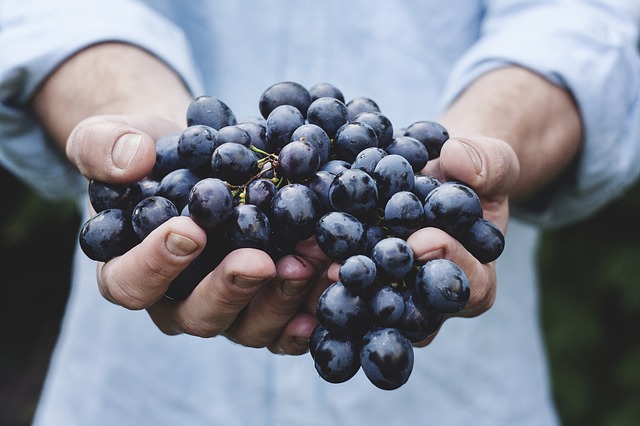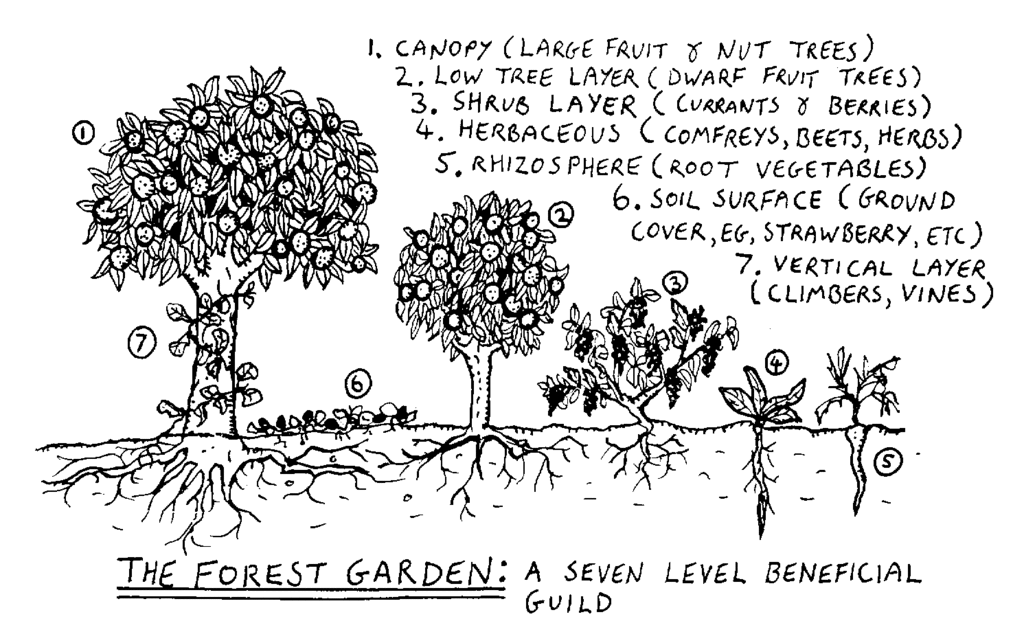In this blog post I want to share some thoughts on minimalism and self-sufficiency and why those topics are especially relevant for EHS.
Why minimalism?
The simpler you live, the easier it is to be independent and live self-sufficient. When you start consuming less, you also will need less income. The topic of finances is an issue for most EHS, because there are not a lot of work environments with low radiation levels or where you have the possibility to improve things in some way.
The question is: What do you really need? What really does make you happy? What does add really value to your life? Advertisement wants to make you believe that with their product xyz you will be happy. After you bought it you will often realize after a while that consuming product doesn’t really satisfy. Even if you were a billionaire – I don’t think materialism will make you happy. I have made the contrary experience (like others too), that it is freeing to own less stuff. If somehow frees your mind if you environment is not full of things that need some kind of care.
Minimalism doesn’t mean however that you can only 100 things. It is about decluttering your life, to get rid of unnecessary stuff and to make room (physically, financially, time-wise) for those things, that you really need and that make you happy. For EHS the financial area is especially relevant, because with fewer expenses you also need less income.
Some concrete steps:
- Declutter your apartment/house – room by room (what do you really need?). Sell, give away or throw away unnecessary things. For example: TV; obsolete magazines, books, …; Devices, that you don’t use anymore. If you are not sure about something, then collect it in a box and check a few months again. For drawers and alike: always remove everything first when decluttering and don’t just try to change little things here and there.
- Think about what you consume – How big does the car/house/… really have to be? Avoid buying on impulses. It’s better to simply wait a day or a week before buying. You may realize that you actually don’t need what you wanted to buy anyway; Cancel unnecessary subscriptions; Don’t buy things on credit
- Time management: Reduce your time consuming media, especially “social media”, consider leaving Facebook; only check emails once a day, …
Recommendations:
- Great wikipedia article – Simple living
- Book “Simplify Your Life” – Review: https://zenhabits.net/book-review-simplify-your-life/ – Disclaimer: I haven’t read the book myself (I have similar books in German), but it seems to be pretty good
How can I reduce the dependency on my income and the economy
The more you can produce by yourself, the less you need to buy from others and so the more independent you will be.
Basic needs:
- Water – well, spring, rainwater purification; try to conserve water usage
- Food – grow your own food (see below for more details); avoid ready-made meals; prepare you meals yourself
- Transport – Try to make the distance to your work place as short as possible, or even better – try to work at home; Use a bicycle instead of a car (independence of limited oil supply)
- Electricity – Try to live without it more and more where possible; use solar power where there are no other ways (like power for notebook) – this means independence of the power grid
- Shelter – Smaller house or apartment; Tiny house may be a good option; RV
- Clothing – prefer robust, long-lasting materials; don’t chase trends; maybe use second hand stores
- Toilet – Composting toilet / separating toilet (Urine is great free fertilizer source for nitrogen and potassium -> check this study for example blogs.scientificamerican.com)
More ways…
- Produce/Repair things yourself (DIY) – There are a videos on YouTube on a lot of topics
- When you need to buy something, buy high quality products (“If you buy cheaply, you pay dearly.”)
- Try to repair stuff first, instead of immediately buying something new
- Instead of throwing away something, check if it can be reused (for a different purpose)
- Share things, instead of buying (especially tools you don’t need often)
More self-sufficiency with permaculture food forrest
A food forest (=forest garden) seem to be the ideal solution for producing your own food with as little effort as possible, by focusing on perennial plants. Food forests are a concrete implementation of many permaculture principles.
From the Wikipedia article “Forest gardening“:
“Forest gardens are probably the world’s oldest form of land use and most resilient agroecosystem.[2][3] They originated in prehistoric times along jungle-clad river banks and in the wet foothills of monsoon regions. […] Forest gardens are still common in the tropics […]
Robert Hart adapted forest gardening for the United Kingdom’s temperate climate during the 1980s.[1] His theories were later developed by Martin Crawford from the Agroforestry Research Trust and various permaculturalists such as Graham Bell, Patrick Whitefield, Dave Jacke and Geoff Lawton. The benefits of forest gardens in building community climate resilience including new food growing skills, improving urban water retention, supporting a greater biodiversity […]
Robert Hart pioneered a system based on the observation that the natural forest can be divided into distinct levels. He used intercropping to develop an existing small orchard of apples and pears into an edible polyculture landscape consisting of the following layers:”
Recommendations:
- Great book on forest gardens: “Creating a Forest Garden” – Martin Crawford
- Video of Martin Crawford’s forest graden YouTube video
- National Geographic clip with Martin Crawford: YouTube video
- Interview with pioneer Robert Hart: “Forest Gardening with Robert Hart” – YouTube video
- Get a book of the edible wild plants in your area. For North America this is for example this one: Edible Wild Plants: A North American Field Guide to Over 200 Natural Foods (Thomas Elias, Peter Dykeman)
Why minimalism and self-sufficiency is relevant for EHS
- By producing your own food it is possible to live further away from civilization. You won’t need to go to the next store for fruits, vegetables, drinks, tea etc. Medicinal herbs would even replace some medicine (examples: meadow sweet, valerian, St. John’s wort). For the remaining needs, like maybe grain, there might be a local farm nearby.
- For EHS that also have MCS (Multiple chemical sensitivity) it is important to know where their food comes from and that there haven’t been used any chemicals.
- When using solar power, there wouldn’t be a need for AC power in the house. Most of the devices nowadays need DC anyway (like LED lights, Notebook, battery charger, fridge), or there are alternatives that don’t use electricity at all (hand powered grinding mill / mixer, there even is a food powered washing machine)
- Cashless payment is spreading more and more. In China it is increasingly difficult to participate in daily live without owning a smartphone. In many places you only can buy with a smartphone. It is not unlikely that other countries will adopt this also (for example Apple Pay introduction in more and more country).
- Smart meters are getting mandatory: The electricity provider may stop providing you their service if you aren’t willing to have smart meter installed (this is already a reality in some countries).
- Positive side effect: Self-sufficiency also helps with the next financial crisis (or rather: worldwide financial collapse) that will come sooner or later. The situation now is even worse than it was before the last crisis hit in 2007. There is no way the current lifestyle of developed nations can be kept indefinitely. It looks like peak oil has already happened. That means that getting oil will be increasingly difficult. This results in rising prices for everything that is based on this limited resource: gasoline, everything made of plastic, food from industrial agriculture, etc. So the less dependent you are on this current system, the better.
- Positive side effect 2: Healthy food – no chemicals used
- Positive side effect 3: Sustainable lifestyle, that is highly dependent on limited resources


